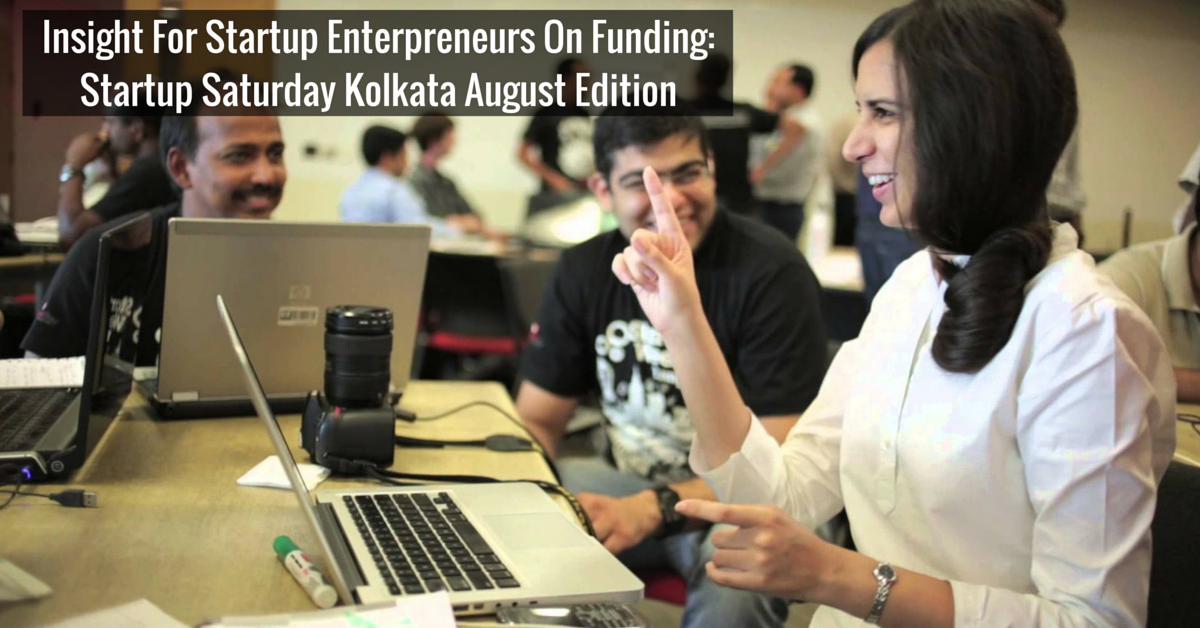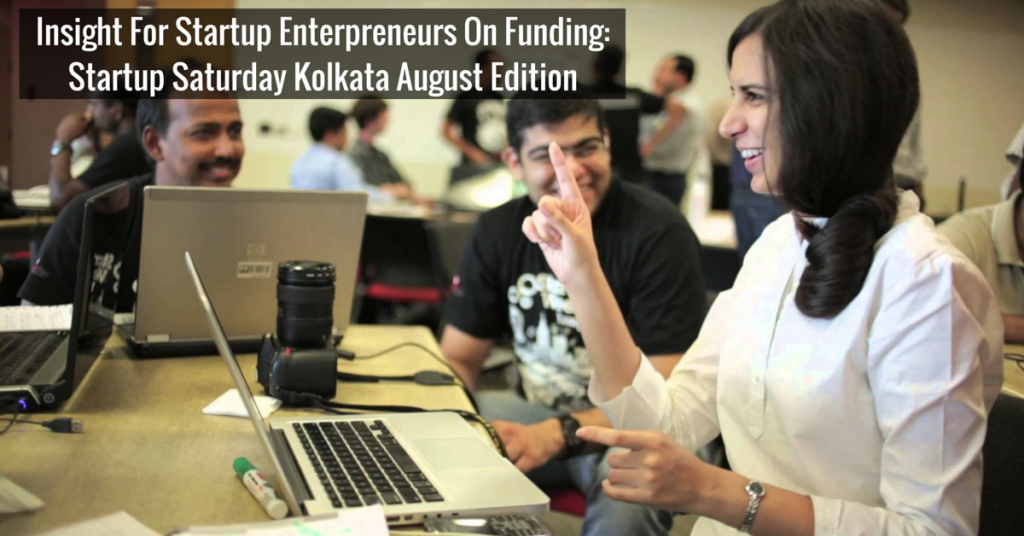There was a time when I and Abhyudaya were organizers of Startup Saturday Kolkata. Here is a post I wrote about SS Kolkata in August of 2010 which was published originally in A First Taste of Law, which has been shut down ever since.
This question has bothered me many a times. Why don’t more people start up, why is it that we always tend to associate a lot of our startup ideas with complicated business plans, funding and other things that are not easily accessible, and end up creating huge psychological entry barriers? How much money is actually needed to set up a company selling products or services that really fill up some need gap.
This was the broad theme that was addressed by Abhishek Rungta at this month’s Startup Saturday Kolkata. He emphasized on the fact that a service based start-up company can be created best through bootstrapping.
According to him, the time you are going to spend looking for funding, negotiating minute details of the investment and business plan, ensuring legal compliance and so on, is valuable time that could have been spent in more beneficial pursuits.
I can not help but agree with him, and I shall draw support from this very well written article here. Paul Graham argues that there are four factors that are reducing the cost of building startup companies drastically:
- Reduced software cost (open source/freeware)
- Reduction in price of high-end hardware (as suggested by Moore’s Law )
- Marketing costs are in a downward spiral because of the Internet (social media, affiliate marketing, cheap search engine optimization services)
- Fewer people can build a software due to improved languages (for those of us who are not into software, the equivalent is better tools that enable fewer people to provide the same service/ develop products)
Surprisingly, what Abhishek Rungta was telling the motley gathering of aspiring entrepreneurs and software developers from Kolkata about his experience, which I noticed, supports this theory of Paul Graham. Mr. Rungta has been providing insights into how a company can be built from the ground by following general business prudence and timely initiative. He himself used every trick in the book, from hard negotiations to barter to create start-up company Indusnet, a web consulting service which has managed to crack a difficult outsourcing market in the UK. Mr. Rungta is also an emerging seed funder. His experience with his own company as well as those which approach him for funding is that the best companies hardly need big time funding.
Mr. Rungta is not far from the truth, as I am coming across more and more company founders who would zealously guard their equity stake in their company and seem to be unwilling to sell off chunks of shares to investors for capital that the company does not really need right away. Even when they are seeking venture capital or angel investors, it is more for the value they add through their expertise, exploitation of their contacts for referral for sales or contribution in improvement of the product through guidance. While it is becoming obligatory to provide these add-ons for the venture capitalist or the angel investor, the demand for their money is lesser than ever.
This spells into a very simple message for you if you are an early stage startup or if you want to start up. DO NOT POSTPONE YOUR ACTION. YOU DO NOT HAVE TO WAIT FOR CAPITAL.
You can certainly flag off without venture capital, and while funding may be helpful somewhere along the way, start building you product or service first with the many resources available for free or a very cheap price. It is a seller’s market and it is the VC funds who are worried about not finding companies, and if you are able to build some value through your product or service, finding funds will be one of the lesser worries. According to the words of Mr. Rungta, it is not merely money that helps you get services and supplies. A bootstrapper must use other valuables he possesses, namely his services to get what he needs. Two cardinal rules:
1. Bargaining is necessary. Everywhere. Negotiate down the price of everything you can – from hotel accommodation to paid software that you need.
2. Barter whenever you can. Mr. Rungta always managed to find the best B2B services and made a website for them for a good discount.
Although not by design, the next speaker at Startup Saturday, August edition was Bappaditya from Pathshala.in, who along with his wife Debarati kicked off this venture. When they left their comfortable jobs in the US to come back to Kolkata to start off their web-based business catering to the school education sector, they did not have a concrete business model on the mind. In fact, their ideas and models are undergoing a transformation in accordance with their ground experiences in schools of Kolkata. In the last ten months, they have shifted to a service model from product-based model. They have not sought any venture capital so far, nor do they plan to do so in near future. their strategy is of progressing slowly but steadily towards designing a winning array of products and services that they will first sell locally.
The other attraction was a product demonstration by Krishnendu, a regular at Startup Saturday Kolkata, of a software that helps to generate leads by using social media, which he has named tentatively as BusinessLeads. Krishnendu on the other hand, is looking for funding to develop this product further and for marketing the same. He received instant feedback from the gathering, and I must say it was enthusiastic.
Photo credit: Abhinaba Dey, Avow groups
 Serato DJ Crack 2025Serato DJ PRO Crack
Serato DJ Crack 2025Serato DJ PRO Crack









 Allow notifications
Allow notifications


